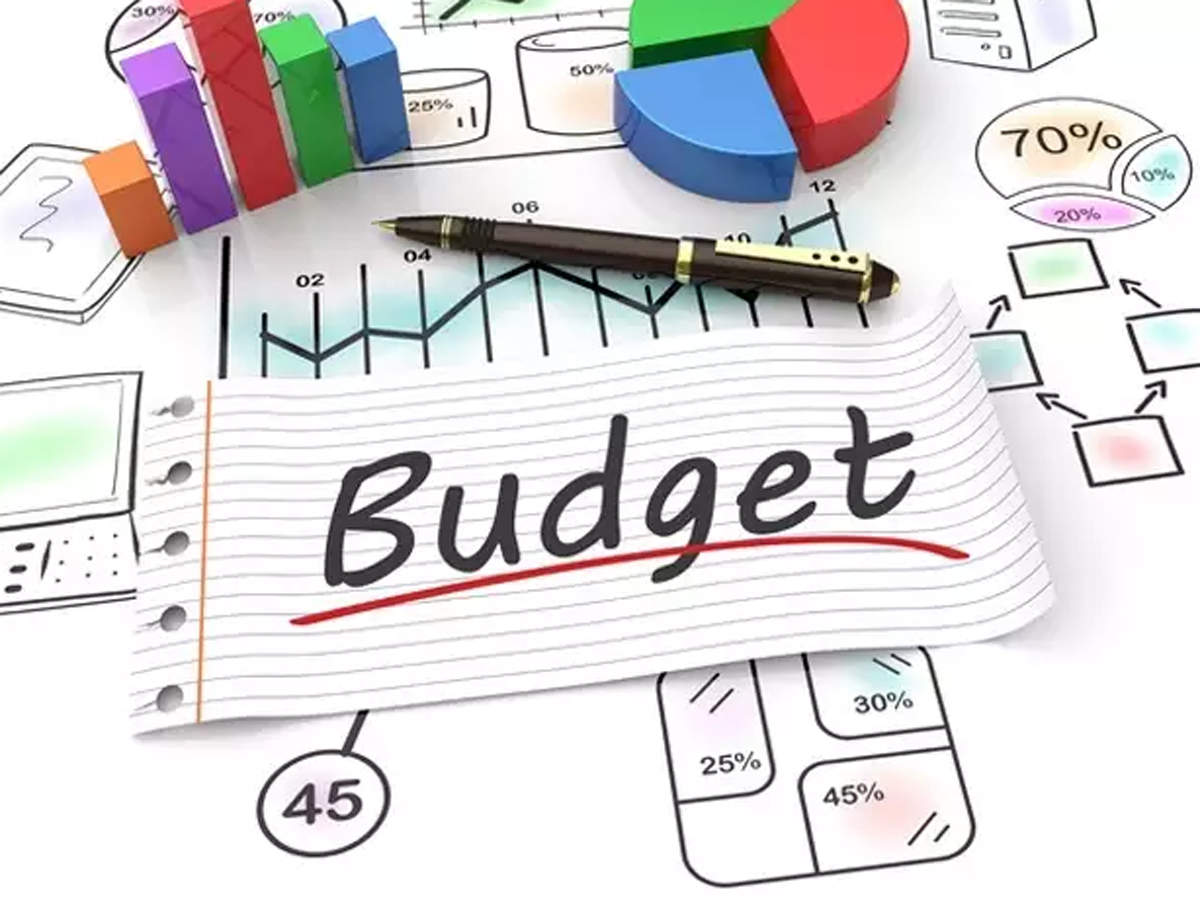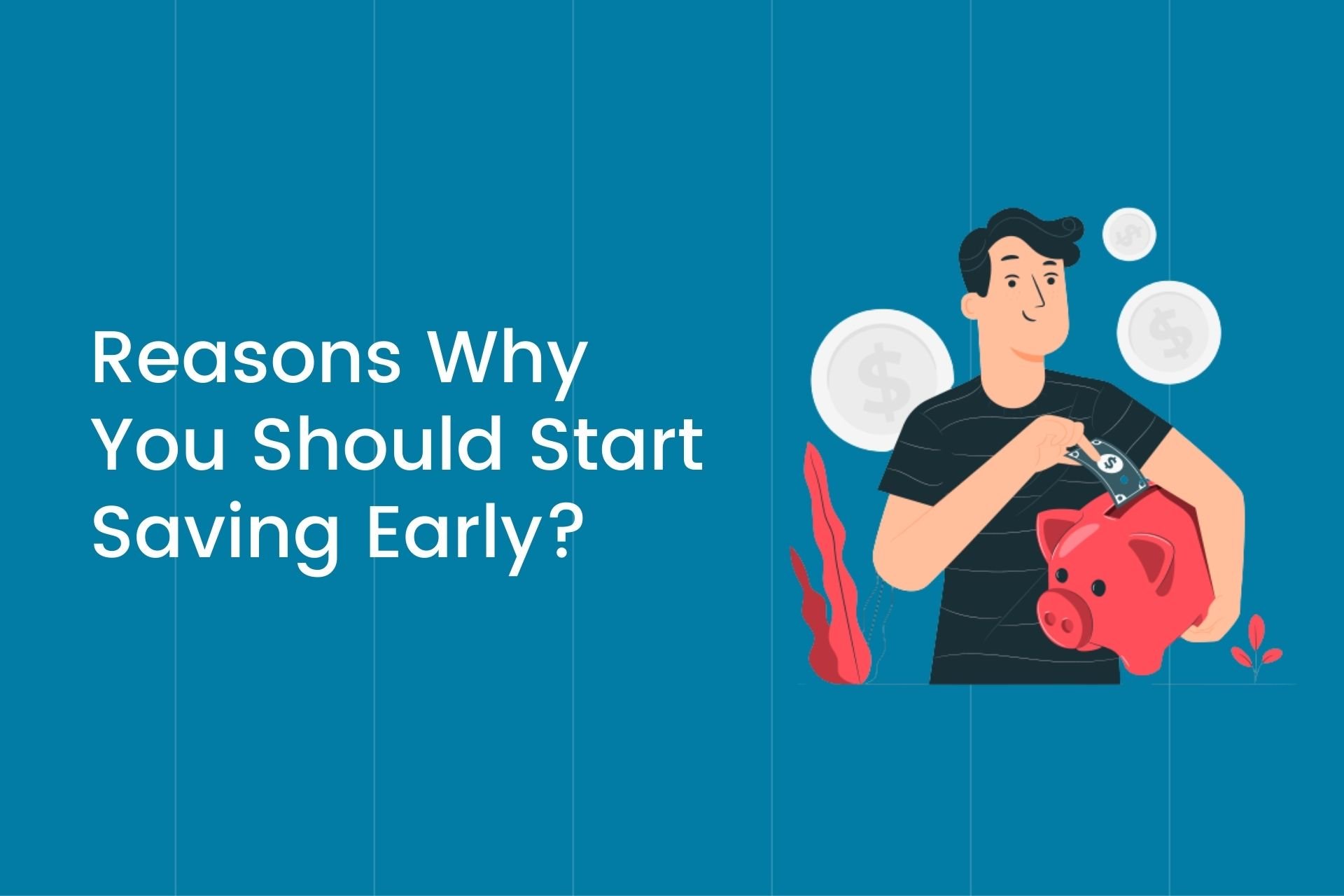
When you’re young, it’s easy to feel invincible, like you can conquer the world (and your finances) and come out unscathed by the financial disasters that others experienced before you. The truth is, we all make mistakes — even those of us who are old enough to know better. We may not be able to turn back time, but we can learn from our mistakes and try to do better in the future. Here are six financial tips for young adults who want to get ahead and avoid making some of the common financial mistakes that so many of us make along the way.
1) Have a budget

You should always have a budget, whether you are a young adult or not. A budget will help you keep track of your spending and ensure that you are not spending more money than you have. To create a budget, start by tracking your income and expenses for one month. Then, find ways to reduce your expenses so that you can save money. You can also use credit cards wisely to build your credit history and improve your financial standing. Finally, educate yourself about personal finance so that you can make informed decisions about your money.
Start by tracking your income and expenses for one month. Figure out how much money you have coming in and going out each month. You might be surprised to find that you’re spending more than you make. After you’ve recorded all of your expenses, try to reduce them so that you can save some money. Look at your bills and see where there are opportunities to trim spending on items like entertainment, eating out or clothing. Also, look at which monthly expenses can be reduced or eliminated over time—subscriptions like Netflix or gym memberships, for example—and try to cancel them if possible. Once you’ve found ways to lower your spending, don’t touch that savings!
2) Live below your means
/images/2021/02/17/happy-woman-reading-book.jpg)
The first step to financial success is educating yourself. You need to understand what money is, how it works, and how to use it to your advantage. Once you have a firm grasp on these concepts, you can start living below your means. This means spending less than you earn and saving the rest. When you live below your means, you’ll have more money available to save and invest, which can help you reach your financial goals quicker.
As your income increases, you’ll likely start making more expensive purchases. Remember to stick to your budget and avoid impulse spending. You may also need to decrease your expenses or make more money if you want to continue living below your means in a higher-paying job. Start by having regular conversations with yourself about what’s important and by setting long-term goals, like purchasing a new car in two years instead of right now.
Some of these tips will come easier than others for different people, but with time and practice, it’s possible for anyone looking ahead to a successful financial future. With determination and some patience, you can work towards creating a better future for yourself by starting off on solid financial footing today!
3) Look into saving options

A great way to save money is to have a specific goal in mind, like saving for a down payment on a house or for retirement. Another tip is to start small and increase your savings each month. You can also try automating your savings by setting up a direct deposit from your paycheck into your savings account. If you have debt, make a plan to pay it off as soon as possible. And finally, be mindful of your spending and try to live below your means.
Save, Save, Save: It can be difficult to save up a sizeable chunk of money when you’re in your 20s, especially if you have student loans and credit card debt. But it’s still possible—and important—to start saving as early as possible. Look into opening a high-yield savings account or a retirement account at work, or consider investing in individual stocks like Apple and Amazon that have risen to record highs. Don’t rely on stock market trends to plan for your financial future though.
4) Start saving early

The earlier you start saving, the better off you’ll be. It may seem like a difficult task to start putting money away when you’re just starting out, but there are plenty of ways to make it happen. You can start small by setting aside a few dollars each week or month, and gradually increase the amount as you get more comfortable. If you can put away even a little bit each month, it will add up over time and give you a cushion to fall back on in case of an emergency.
While starting to save is important, sticking to a savings plan over time is equally crucial. This may be challenging for some, but there are a few ways you can keep your focus on long-term saving and goal setting. First, pay yourself first. This means sending yourself your first paycheck of every month as an automatic deposit into your savings account so you won’t be tempted to spend it elsewhere. You can also avoid temptation by keeping that account at a different bank than one that handles all of your everyday spending and investments so you have fewer opportunities to tap into it when you’re feeling insecure about money. Finally, it’s important to not only save but also invest if possible once you’re comfortable with a bit more in savings.
5) Use cash instead of credit cards

If you’re trying to get ahead financially, one of the best things you can do is avoid using credit cards. Even if you pay your balance in full every month, credit cards can still be a major hindrance to your financial progress. That’s because they often come with high interest rates and fees that can eat into your budget. Instead of using credit cards, try to use cash as much as possible. This will help you stay on top of your spending and keep more of your hard-earned money in your pocket.
6) Get rid of debt as soon as possible

To get rid of debt as soon as possible, create a budget and stick to it. Track your spending and take note of where your money is going each month. After you have found areas for improvement, like eating out too often or buying expensive clothes, try eliminating them from your budget and find cheaper ways to satisfy those wants instead. If you’re struggling with credit card debt, consider cutting up all your cards except one for emergencies so that you aren’t tempted to use them for unnecessary purchases. You can also call up credit card companies and ask them to lower your interest rates since you’ve been a loyal customer for several years; some will lower them in response to such requests.